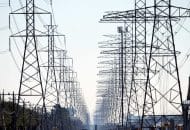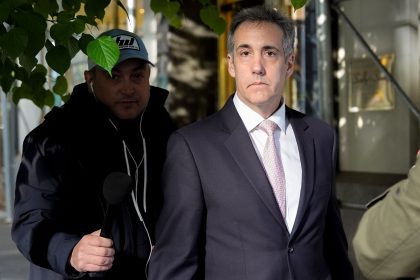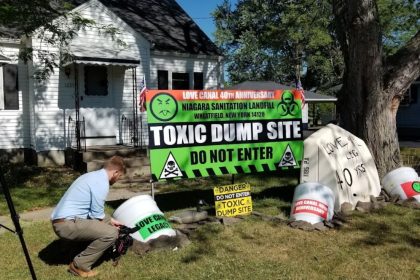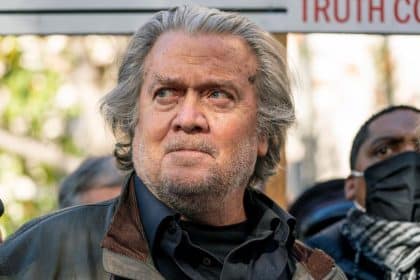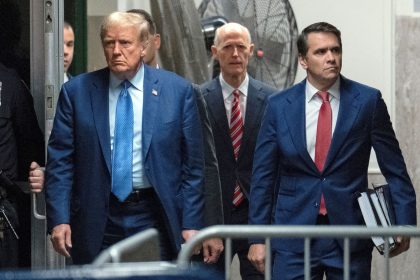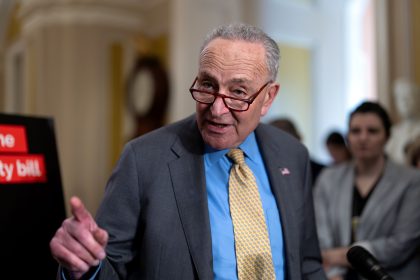Racial and Environmental Justice at ‘Historic Inflection Point’
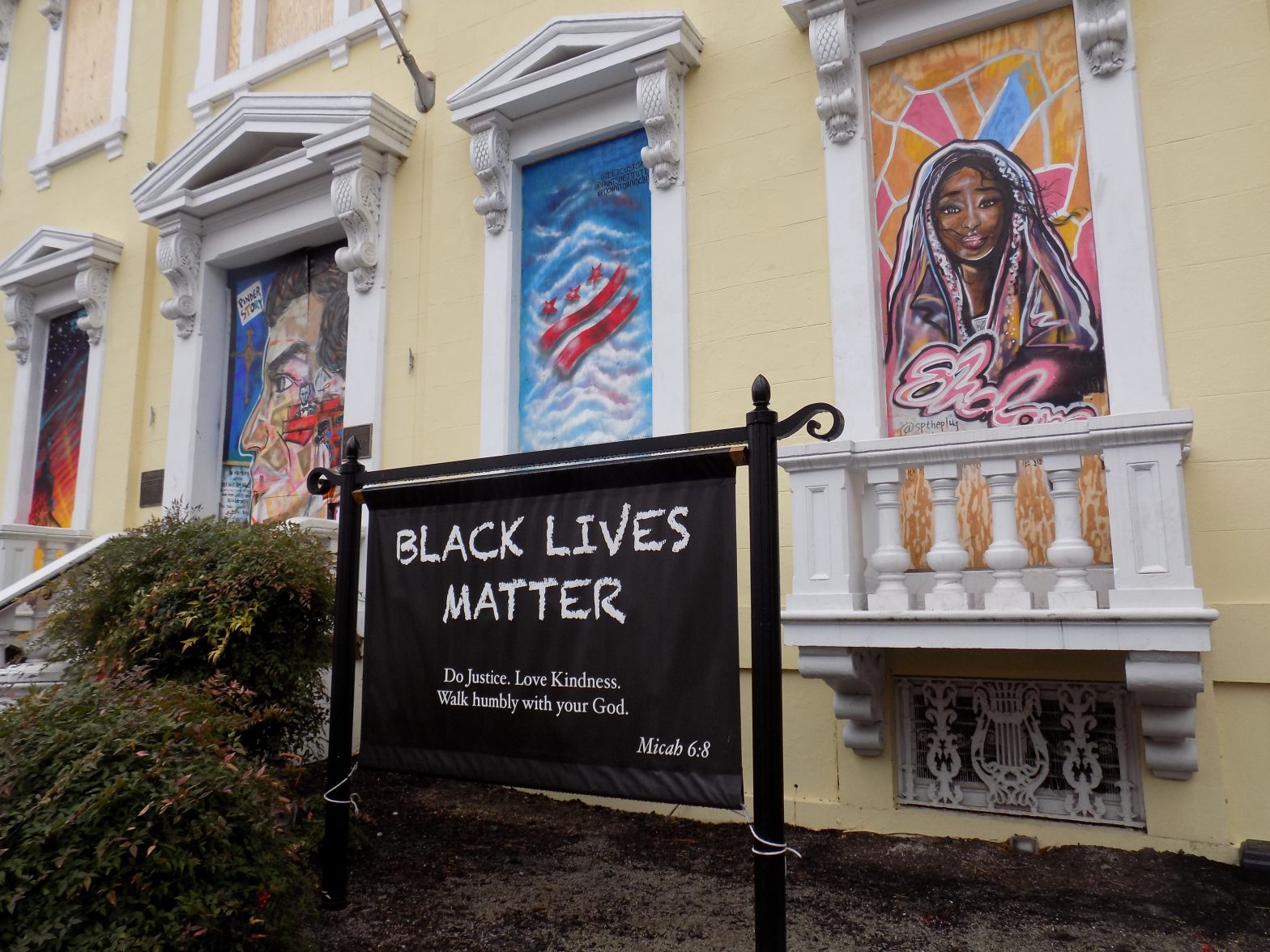
WASHINGTON — Senator Ed Markey remembers growing up and playing in his neighborhood about four blocks from the Malden River in Massachusetts. He would get near, but never in the river; he was taught not to swim in it from an early age.
“Company after company used the Malden River as their own sewer,” Markey, D-Mass., lamented. “I still live there, but the river is cleaned up now.”
Still, this lesson from his childhood was where he first understood there was a “sense that where communities of color or poorer people live, that’s where you can put the pollution.” And he has carried that concept with him — and rejected it — from boyhood warning to serving on the Senate Committee for Environment and Public Works.
British Member of Parliament David Lammy also used his personal experience to connect the dots on the environmental and racial challenges that exist in constituencies like his in Tottenham, London.
As he, Markey, and others gear up for the Leaders Summit on Climate later this month, and in turn the United Nations Climate Change Conference this November in Glasgow, the Center for American Progress brought them together to discuss their efforts toward a just, equitable, and sustainable future.
2020 was a turning point with the interlocking crises of climate change, racial justice, and the coronavirus pandemic threatening the health, safety, and well-being of communities, especially communities of color, around the world.
“We are living through acute and intersecting crises, and the ties between these crises can no longer be ignored,” said Markey.
Not only is the world experiencing more extreme weather conditions and deaths related to climate change around the world, but poorer communities and communities of color may be bearing the brunt of the trauma, often simultaneously and disproportionately negatively affected.
As policymakers look for solutions, they are increasingly looking to take action on climate justice that directly intersects with economic and racial justice.
“Too often [racial concerns] are not seen really to be behind the climate change discussion,” Lammy said of the environmental movement. “Its leaders are usually White and rarely have focused on racial justice. But climate justice and the fight for racial justice go hand in hand.”
And both he and Markey look to take bold climate action that prioritizes equitable economic recovery.
“The dominant narrative has been that environmental issues have been a kind of middle class luxury,” said Lammy, admitting that in the past the world “treated the environmental justice movement as slightly elitist… But it’s now the case where we don’t have to make climate action feel relevant to [other] people, because they are living it on a day to day basis.”
“At the moment, there are still some Baby Boomers who don’t get this stuff,” said Lammy, though “all across the world, young people are rising up and demanding that older generations [understand this needs to] be dealt with right now.”
Lammy admitted that, not just generationally, Europe was behind the curve. He wants to rectify the fact that poorer communities are exposed to more harmful particulate matter than their wealthier counterparts. “People of color have the lowest jobs, the cheapest housing, and live on the busiest, most polluted streets. And this same story is repeated across the world.”
“The stark reality is that climate change is colonialism’s natural conclusion… and the legacy of exploitation and segregation looms large,” he said. “We’ve got to make some noise as we head up to COP.”
For his part, Markey will formally introduce the THRIVE Act this month. He calls the legislation “an economy-wide transformation to respond to the climate crisis” with an agenda to create a green infrastructure, with sustainable union jobs in environmental areas like green transit, energy, water, technology, farming, and more with specific investment in Black, Brown, and Indigenous communities.
This latest modified iteration of a Green New Deal is popular with progressives who want greater infrastructure spending and investments that outline commitments to labor rights and robust climate policy that addresses socioeconomic and racial injustices. Still though, some say the cost is too high, and others that it is not ambitious enough.
“It polls well because the educational phase of this is over,” said Markey, “because people know everyone should have the chance to breathe unpolluted air and drink clean water.”
“Much of the CO2 in the atmosphere is red, white, and blue — and from Great Britain,” said Markey, reminding that much of the Earth’s environmental demise was sparked by First World nations. “You can’t preach temperance from a barstool.”
“We’re at a historic inflection point… We [both] know systemic problems require systemic solutions.”











